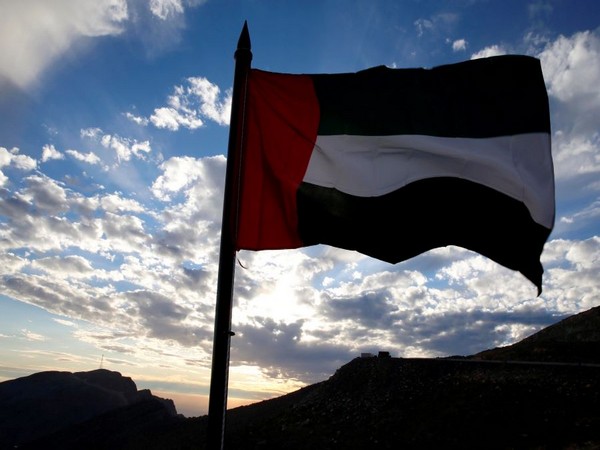Dubai RTA Trials Smart Inspection Vehicles for Rail Monitoring
Dubai's RTA has begun a trial of smart inspection vehicles to enhance rail network monitoring. The vehicles, equipped with AI and cameras, aim to improve inspection efficiency, ensure safety, and reduce human error.

Dubai's Roads and Transport Authority (RTA) has initiated the trial operation of smart inspection vehicles to monitor rail right-of-way areas. These vehicles are equipped with advanced intelligence systems, including cameras, to detect violations, restricted activities, and damage within such zones.
The initiative aims to streamline daily inspection work across Dubai Metro and Tram networks by leveraging modern technological systems. Abdulrahman Al Janahi, Director of Rail Right of Way at RTA's Rail Agency, said the initiative was launched in coordination with the Smart Services Department.
Al Janahi emphasized that the smart inspection vehicles represent a significant step forward in safeguarding Dubai's rail infrastructure. The technology not only improves inspection efficiency but also helps quickly identify and address any issues, ensuring the safety and reliability of rail services.
The initiative aims to achieve full coverage of inspection areas, double the speed of report preparation, and ensure the reliability of outputs. It also seeks to reduce human errors and provide strong support for well-informed decision-making.
The project underscores RTA's commitment to leveraging smart solutions to enhance operational efficiency and infrastructure safety. The use of smart inspection vehicles is expected to significantly improve the effectiveness of rail inspections, ensuring comprehensive coverage and timely reporting of anomalies.
(With inputs from agencies.)










